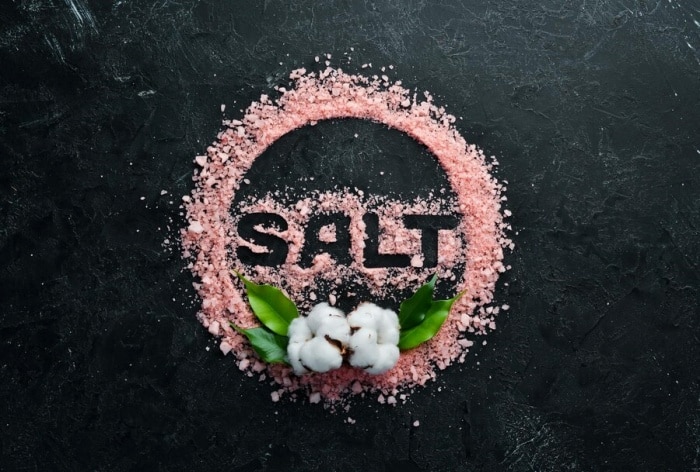The little grains of salt do add flavour but high dose of sodium is not a healthy practise. Here is how you will benefit if you lower salt intake on a daily basis.
Little granules of salt add the drama of flavour to anything that is bland. The savoury level elevates once a pinch of salt is added to it. But, too much of anything is bad. According to a report published in September last year by the World Health Organisation (WHO), “An estimated 1.89 million deaths each year are associated with consuming too much sodium, a well-established cause of raised blood pressure and increased risk of cardiovascular disease.” Sodium is an essential nutrient necessary for the maintenance of plasma volume, acid-base balance, transmission of nerve impulses and normal cell function.
But then how much salt is too much salt? WHO recommends less than 2000 mg/day of sodium (equivalent to less than 5 g/day salt (just under a teaspoon) for adults. Hence, it is important to have a decent amount of sodium in your everyday diet. But this is what happens inside your body when you reduce your salt intake on a daily basis.
5 Benefits of Reducing Salt Intake Everyday
- Lowers Blood Pressure: It is good to consume less sodium. It benefits the kidneys to fill the excess waste and helps to lower blood pressure.
- Good For Heart: Too much salt can make a person vulnerable to heart stroke. Therefore cutting down on salt intake is good for cardiovascular health too.
- Lowers Bloating: Increased salt intake leads to water retention that subsequently leads to bloating. Less salt means less bloating issues.
- May Aid Bone Health: Excessive salt in food over a long period could lead to fluid collection in the body tissues and cells. This forces the body to excrete calcium, leading to the degeneration of bones and osteoporosis. Cutting out on everyday salt lowers the risk of degeneration of bones.
- Promote Kidney Health: Balanced sodium content in diet also puts less pressure on the kidneys. Therefore it reduces kidney damage and also lowers the risk of renal failure.
Who stated that all salt that is consumed should be iodized (fortified with iodine), which is essential for healthy brain development in the foetus and young child and optimising people’s mental function in general.
WHO’s Guidelines to Reduce Salt Intake
- Eat mostly fresh, minimally processed foods
- Choose low-sodium products (less than 120mg/100g sodium)
- Cook with little or no added sodium/salt
- Use herbs and spices to flavour food, rather than salt
- Limit the use of commercial sauces, dressings and instant products
- Limit the consumption of processed foods
- Remove the saltshaker/container from the table.

